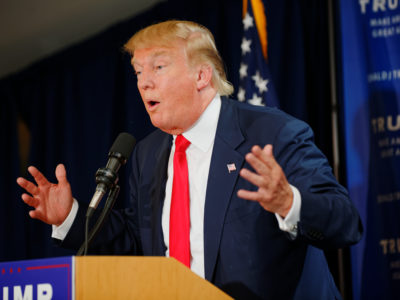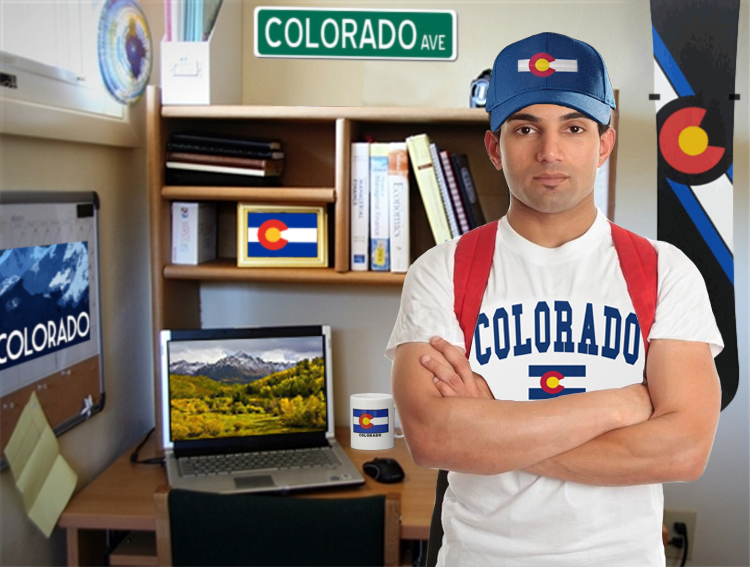
In an unprecedented move for a major party candidate, Donald Trump is refusing to say whether he’ll trick or treat this Halloween.
In the history of U.S. elections, presidential candidates have always made it indisputably clear whether they’ll trick or treat. Trump’s opponent Hillary Clinton, who according to Gallup polls is not considered trustworthy by a majority of Americans, has avoided any controversy on this issue by simply following the trend set by more than 200 years of nominees before her. Doing so is considered to be of vast importance for maintaining the strength of maybe the single most important American institution, Halloween.
By declaring that he will “keep [the public] in suspense” about what he’ll do on the big night, Trump is upending a long-standing tradition.
“[Trump] is putting something at risk that has been very important to the health and security of this nation,” said Molly Quintock, a very odd person who sat next to me on this park bench and is whispering in my ear as I write this. “The people need to know that you, as a candidate, have faith in the trick or treat process.”
If not, Quintock said, it’s possible that candidate’s supporters won’t respect the process either, and that might lead to violence.
The U.S. is unique in that it has avoided the kind of disputes over trick-or-treating that have made achieving a true Halloween difficult in other countries.
“Legitimacy has never been a concern for this country, it’s one of the things that has made American exceptional,” said Noah Sealy, a professor of political science at the University of Nebraska-Lincoln. “The idea of Trump not being absolutely clear about trick-or-treating is, frankly, the scariest thing to happen to Halloween in a long time.”


